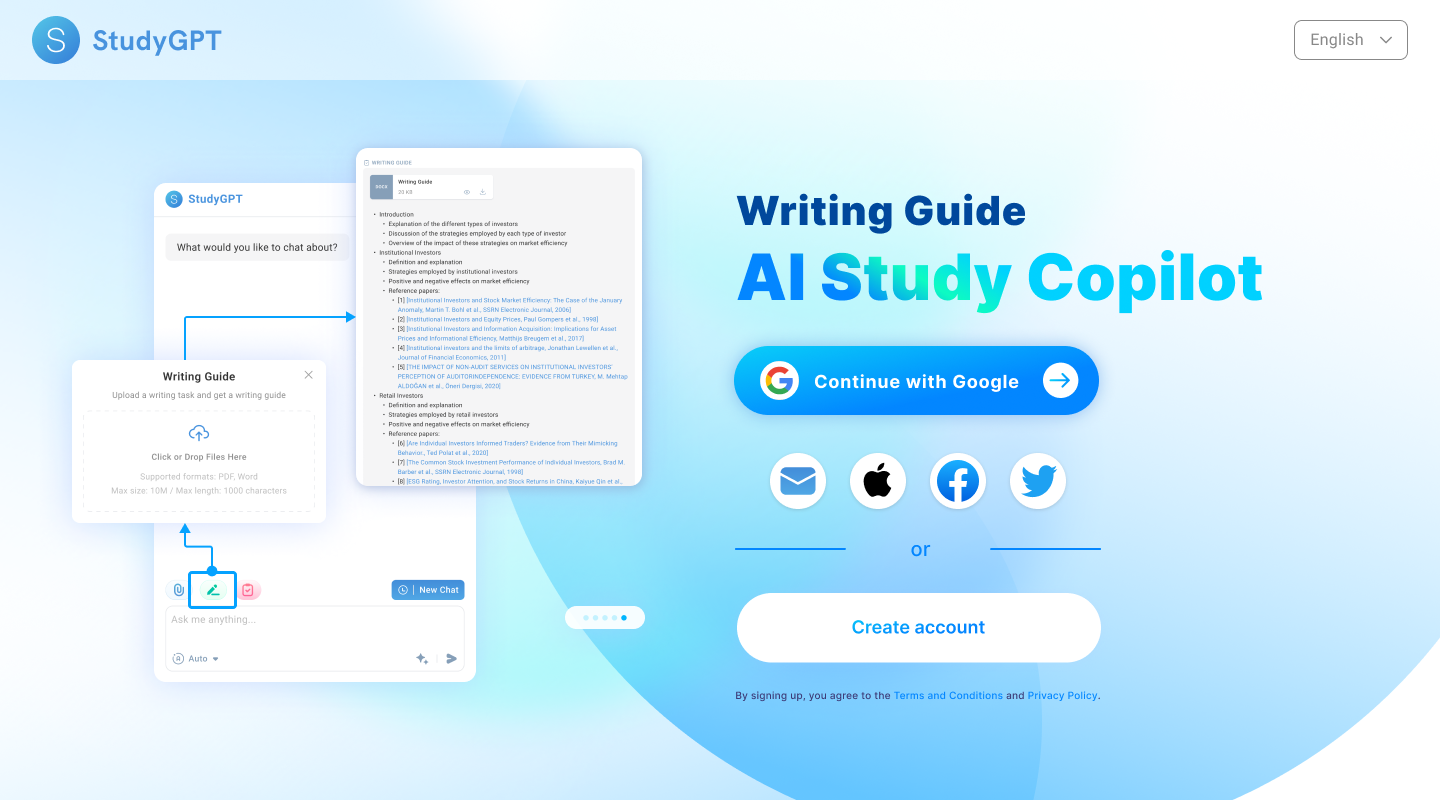You can imagine how AI completely changed our lives in the past few years, especially in the academic field. A decade ago, students would still need to do some searches online, check some books, and study for exams and assignments, but when we least expected, GPT was created and rocked our world with AI-powered features, nowadays you can easily complete your assignments with second and find answers for your exams. It seems to be something good and effective. However, we also need to think about the cons of using AI and GPT for everything. In this article, we will dive into our new reality with AI and discuss whether we should rethink new methodologies for teaching and assessment.

We are talking about GPT-3.5 and GPT-4, which were developed by OpenAI. This tool is presently the largest language model available. To use it, simply ask a question or make a remark, then hit "enter", and the tool will generate human-like replies such as essays, blog posts, multiple choice questions, poetry, computer code, and so on. This is significantly more advanced than anything we've seen previously, and it functions differently than a search engine. Essentially, it employs machine learning to guess the next word in a sentence based on the previous content. The results are rather astounding.
During COVID-19 times, teachers and tutors started to feel concerned about the use of AI, and the reason for that is that, during the lockdown, most students had online classes and occasionally online exams. The increase in the volume of plagiarism cases is due to students having internet access whilst sitting their exams and assignments. Teachers also started to use AI as a tool to assist them in detecting the use of plagiarism.
Maybe, it is time for us to rethink how we assess students and how to make sure they are actually learning and not only doing " copy and paste". This concern comes not only from lecturers, but also from institutions, it seems like the old assessment methodology does not work and is not efficient nowadays, so what is the best way to assess students?

Teachers can ask their students to submit their assignments along with a presentation or a video. In that way, it could be a way to enhance students' learning experience and allow them to learn and execute a new skill. Here you can check some potential benefits of this methodology:
1. Self-reflection: Making a presentation in the form of a video or audio can be a fantastic approach to let students reflect on their communication styles and content, which can be helpful for their own personal development.
2. Increased engagement: Because they can be more creative and expressive while making a video or audio presentation, students may find it more engaging than writing an essay or responding to multiple-choice questions.
3. Multimodal learning: For students who have diverse learning styles, video and audio presentations can offer them a variety of ways to communicate how they understand the information. Students may also get the chance to practice various communication styles, which are beneficial for a variety of employment domains.
4. Authentic assessment: Compared to other modes of evaluation, video and audio presentations can be more authentic because they let students show their information in a way that is more like how they would use it in the real world.
However, you should also consider that for this type of assessment, it may require some extra time for students to complete their presentation and teachers to evaluate, once it is slightly more time-consuming, also, it's important to keep in mind that it might require more sources and technology and tutor may need to provide some guidelines and examples for students to follow and be more familiar with.
Are There Benefits To Using AI?

AI can provide you with countless features and tools to enhance your learning process, which will undoubtedly help you improve your academic performance and abilities. With the use of AI technologies, you can always assess your strengths, weaknesses, learning preferences, and abilities to design the best study schedule for each individual. Certain platforms offer immediate feedback to assist you in refining your learning concepts, interactive lessons, tests, and other related materials. AI-powered systems have the potential to track your development, pinpoint areas that need more focus and practice, and determine the best course of action to close any learning gaps. These AI-recommended solutions will ultimately improve your study habits, increase your output, and help you save time.
What AI Technology Are Most Effective for Studying?
StudyGPT is an innovative Chrome extension that brings the power of AI to your fingertips, revolutionizing the way you learn and study. It is completely free to install, making it accessible to everyone.

Description and Features:
StudyGPT is an innovative Chrome extension that brings the power of AI to your fingertips, revolutionizing the way you learn and study. It is completely free to install, making it accessible to everyone. StudyGPT offers a range of valuable features, including answering academic questions, summarizing research papers, explaining complex concepts, creating test papers, and even assisting in writing essays or research papers. StudyGPT is free to install and provides 30 free queries every day.
• Get Answers: Get instant answers for any quiz.
• Writing Assistant: Instant writing guide and reference as required
• Document Analyst: Upload a document and ask anything.
• Quiz Question Generator: Create customized quizzes based on lectures.
• Academic Search: Search for academic papers and resources.
• YouTube Summarizer: Summarize YouTube videos and save time.
Benefits:
• Personalized Learning: StudyGPT can adapt to the learning style and pace of the individual user, providing a personalized learning experience.
• 24/7 Availability: It is available round the clock, allowing users to learn at their own convenience, anytime, anywhere.
• Instant Feedback: It can provide instant feedback on the user's performance, helping them to identify their strengths and areas for improvement.
• Interactive Learning: StudyGPT can make learning more interactive and engaging through its conversational AI capabilities.
• Wide Range of Topics: It can cover a wide range of topics, making it a versatile learning tool.
• Self-paced Learning: It allows users to learn at their own pace, reducing the pressure and stress associated with traditional learning methods.
• Cost-Effective: It can provide high-quality education at a fraction of the cost of traditional tutoring.
• Continuous Learning: StudyGPT can continuously learn and improve its knowledge base, ensuring that the information it provides is up-to-date and accurate.
• Accessibility: It can be accessed from any device with an internet connection, making it a convenient learning tool.
• Reduces Workload: For educators, it can help reduce their workload by taking care of repetitive tasks such as grading and providing feedback.
For both teachers and students, adjusting to the GPT and new study and evaluation approaches presents great opportunities. Teachers may design more individualized and efficient learning experiences by utilizing AI tools, while students can gain from customized assistance and immediate feedback. But it's imperative to make sure that these developments are applied morally, taking into account issues with openness, justice, and privacy. Teachers need to be properly trained in order to utilize these tools responsibly, and students need to be taught how to comprehend and assess AI technologies critically. AI integration can improve education by putting ethical issues first, making it more impactful and inclusive for all parties.